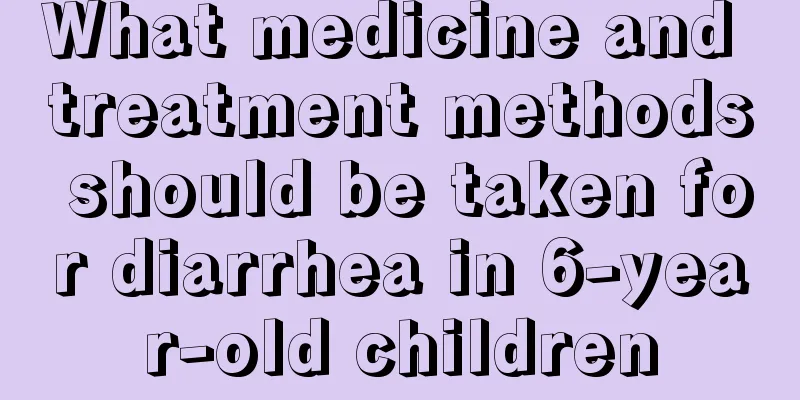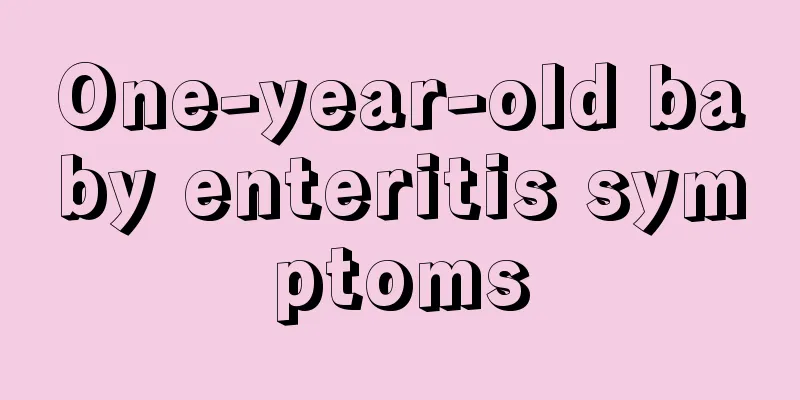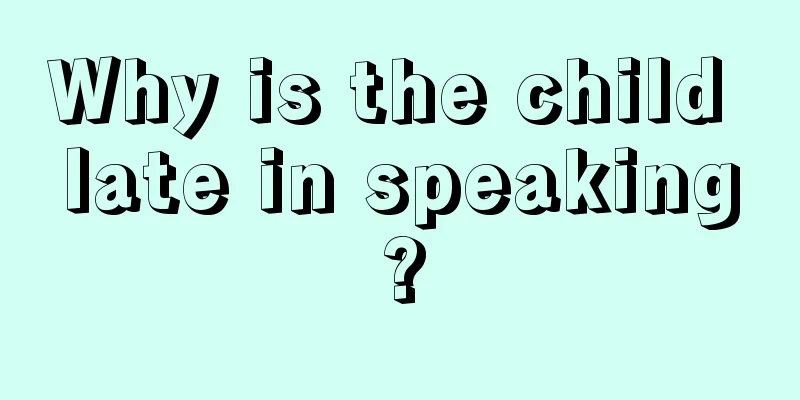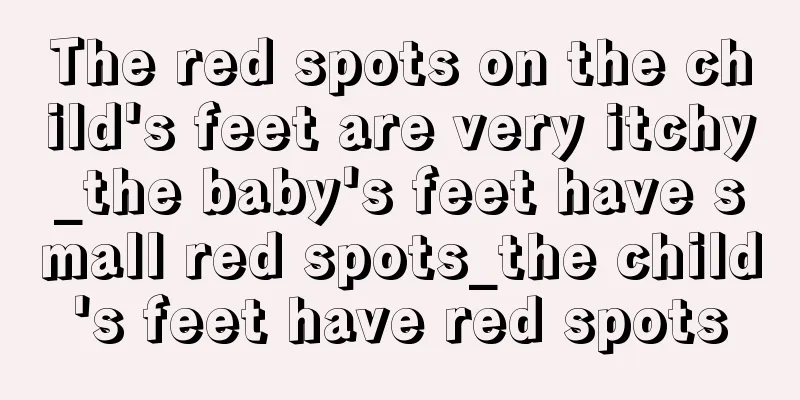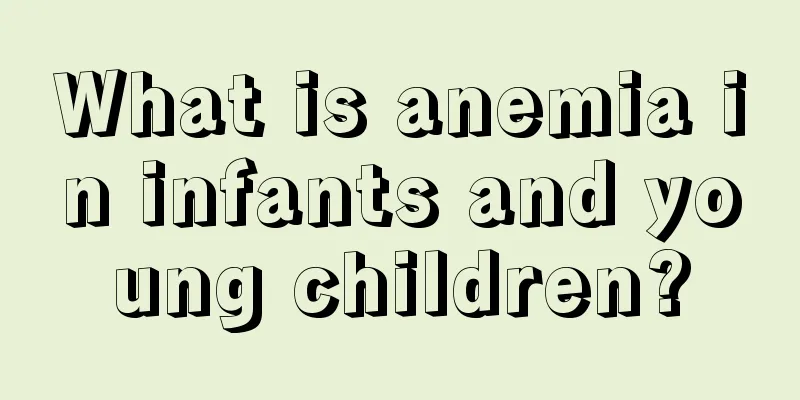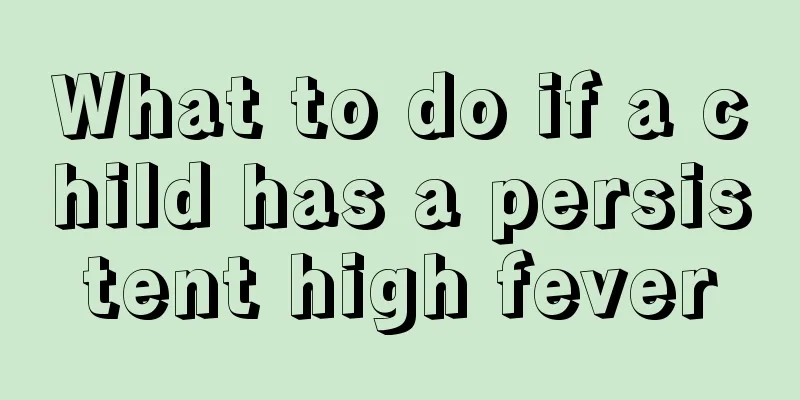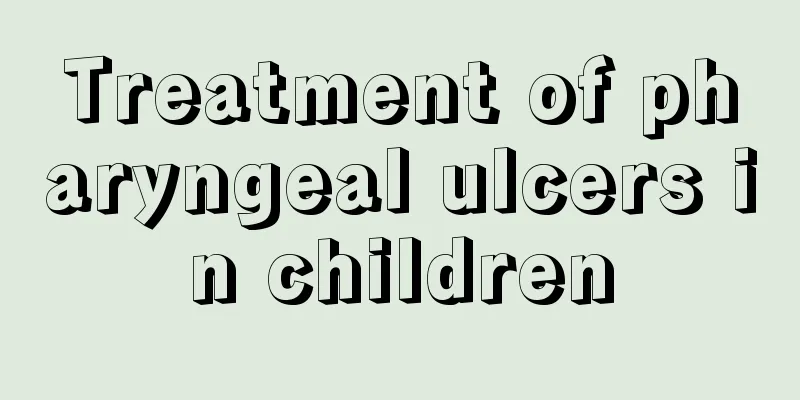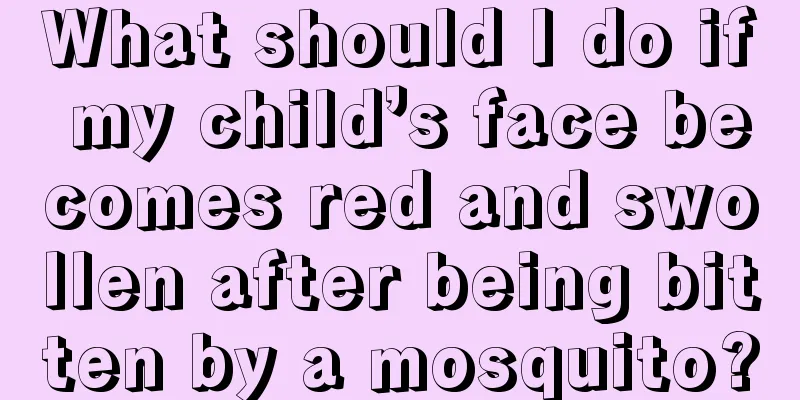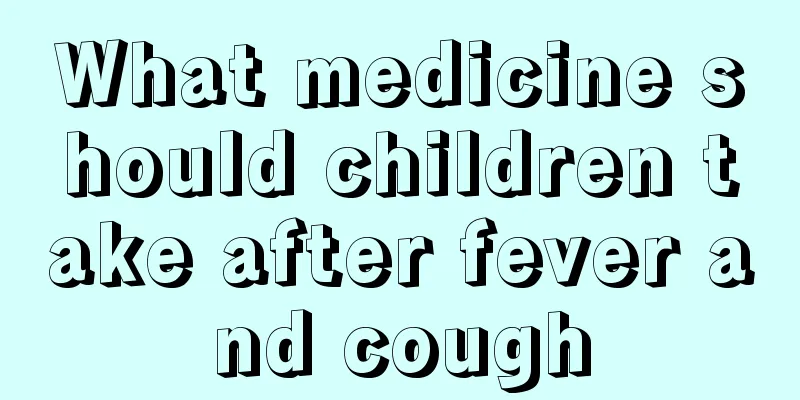Symptoms of Tourette Syndrome, seven manifestations are really deadly!
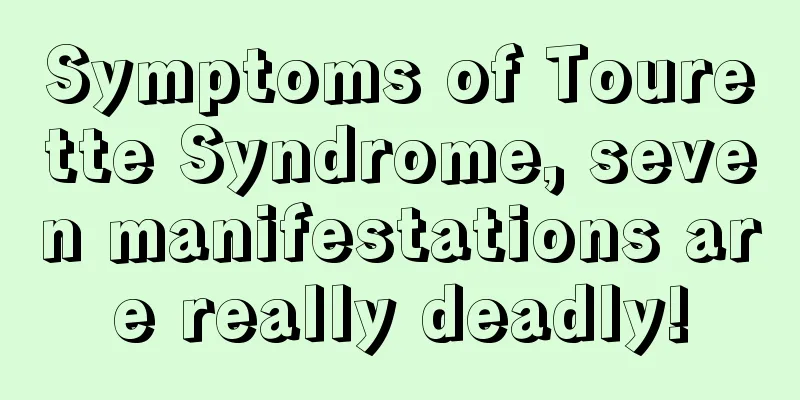
|
Some children always imitate other sounds unconsciously. Parents did not pay attention to it at first, but the tic symptoms became more and more, such as simple sound tics, complex sound tics, simple motor tics, complex motor tics, etc. 1. Simple vocal tics: manifested as monotonous, rapid and meaningless repetitions, such as constant coughing, clearing the throat, involuntary screaming, etc. 2. Complex vocal tics: uttering meaningful short sentences or more complex sentences. Some also manifest as repeated stereotyped sentences, or even foul language and other verbal manifestations of childhood tics. 3. Simple motor tics : For example, children often blink, raise eyebrows, wrinkle their noses, stick out their tongues, shrug their shoulders, and snap their fingers alternately. 4. Complex motor tics : relatively complete and slow tics, such as moving the eyeballs, special expressions caused by facial twitching, moving the shoulders, arms, or hands and feet to make special gestures, etc. 5. Chronic simple tics: The onset of the disease usually occurs before the age of 15 and is relatively rare in adults. This type of childhood tics are characterized by one or two groups of muscle twitches that do not change much, last for a long time, and exist throughout life. 6. Acute simple tics : The initial symptoms of the disease are generally involuntary simple motor tics, and a few are simple vocal tics. Common motor tics include biting the lip, shaking the head, and stretching the neck. A minority of simple vocal tics are repeated coughing and throat clearing. 7. Imitating others : Imitation is one of the symptoms of tics in children. Imitating other people's language or animal sounds is the most common form of imitation. Some children will spontaneously and repeatedly make the V-shaped gesture symbolizing victory, leading to behavioral disorders. Experts warn: The hazards of tics are obvious, including causing learning difficulties, hindering personality development, and causing social disorders. Studies have shown that tics are often accompanied by many comorbidities, such as learning difficulties, conduct disorders, depression, etc. If not treated in time, they may accompany children throughout their lives. |
<<: What should I do if my child has otitis media? Rehabilitation treatment is the most important
>>: Children catch colds repeatedly, and parents ignore 7 points!
Recommend
Seven situations in which parents should not kiss their babies
NO.1—Blisters appear If a mother develops rice-si...
What should I do if my two-year-old baby walks with his feet turned inward? Parents can do this!
When babies first start walking, they are very un...
What should I do if my child has a cold and refuses to eat?
As we all know, when we have a cold or are sick, ...
What to do if children have tooth decay and toothache
Tooth decay, commonly known as tooth decay, is a ...
What causes bad breath in a three-year-old child?
Bad breath is still very common. People nowadays ...
What should I do if my child has asthma?
Children's asthma problem should be paid atte...
What is the dietary treatment for children's constipation?
Some children may have gastrointestinal problems,...
What to do if your child is particularly naughty
Children can often be very naughty because childr...
What are the symptoms of gingivitis in children
Because eating too much candy is bad for children...
What to do if your baby has hernia in one month
Hernia is a common disease in our lives, and chil...
What is the dosage of Lanqin oral solution for children?
The main medicines of Lanling Oral Liquid are Chi...
First grade summer vacation schedule
Summer vacation is something that every student l...
Why does my baby eat less milk?
During the breastfeeding period, you need to pay ...
What is the height and weight of a 1 year and 2 month old baby?
It is the common wish of many parents that every ...
What to do if your baby has a fever in spring
The climate begins to gradually warm up in spring...
